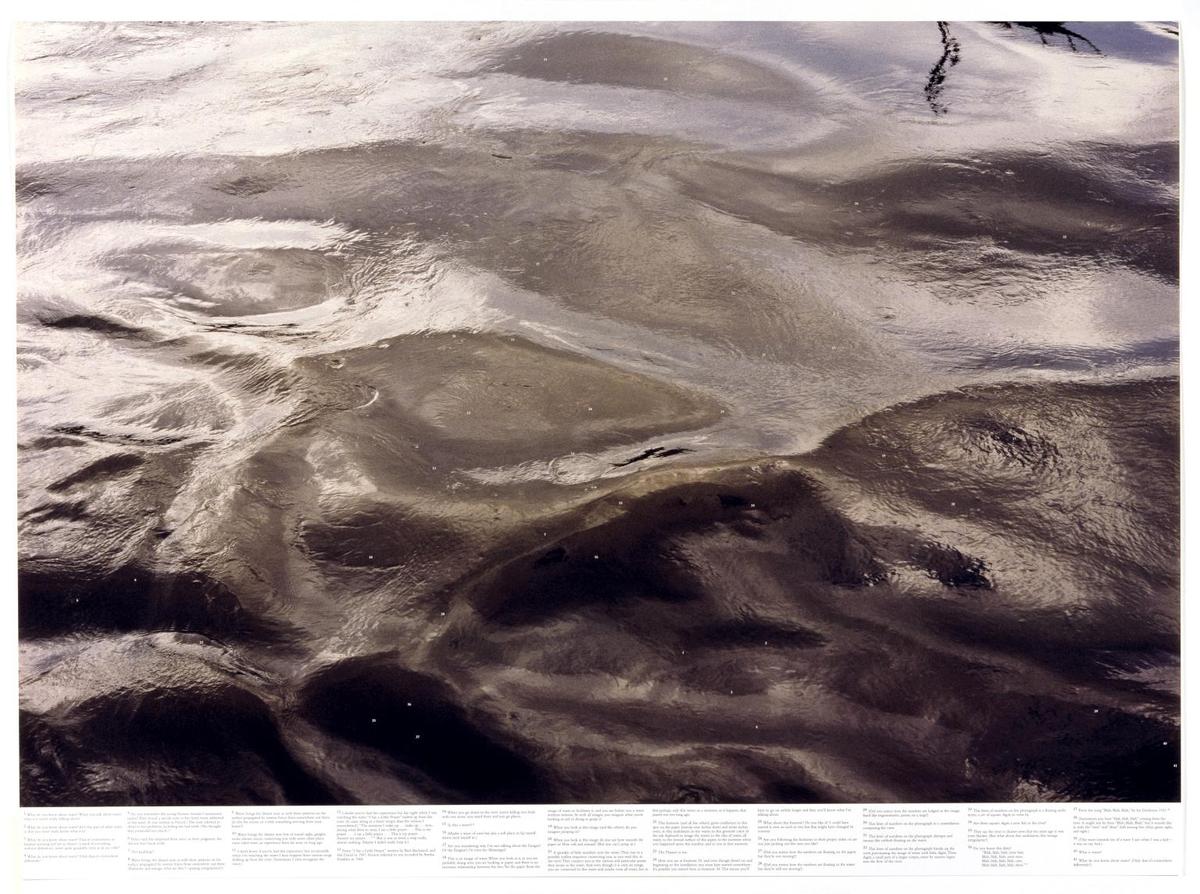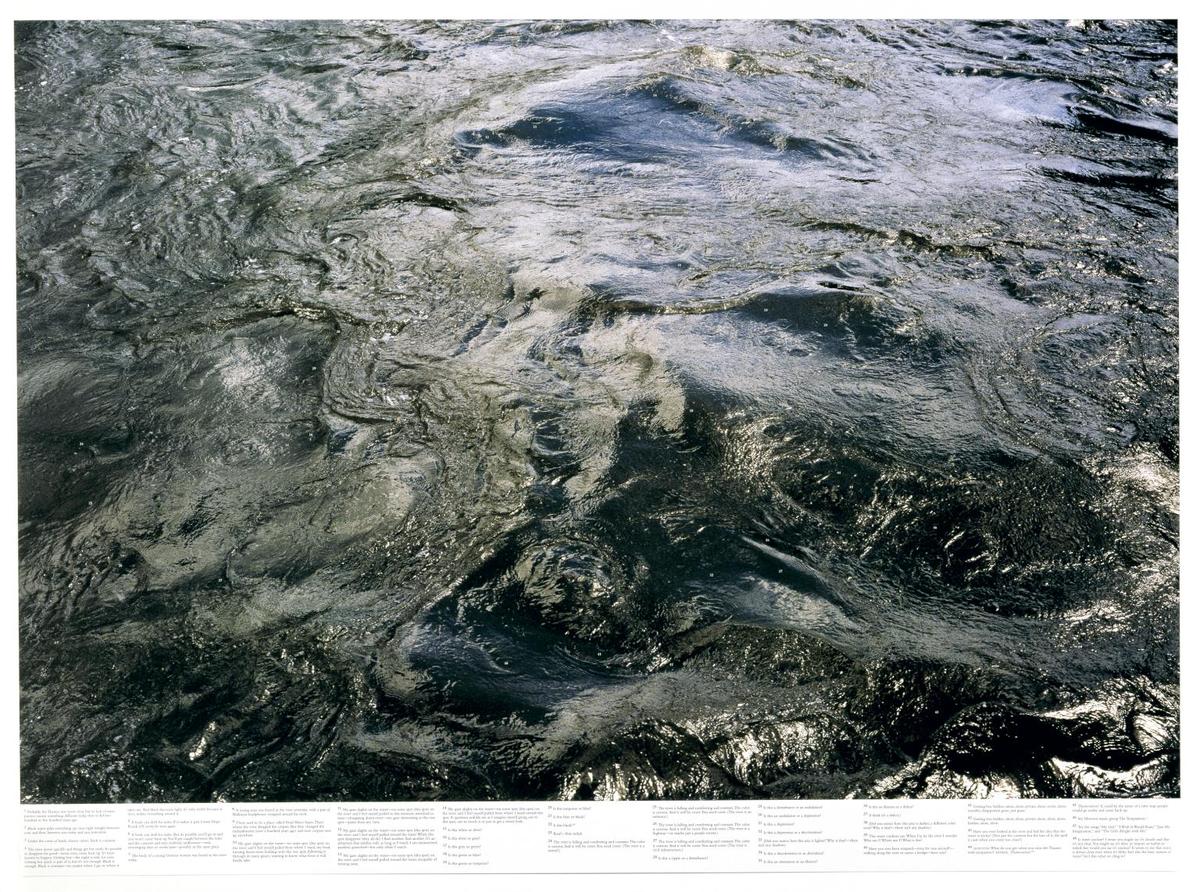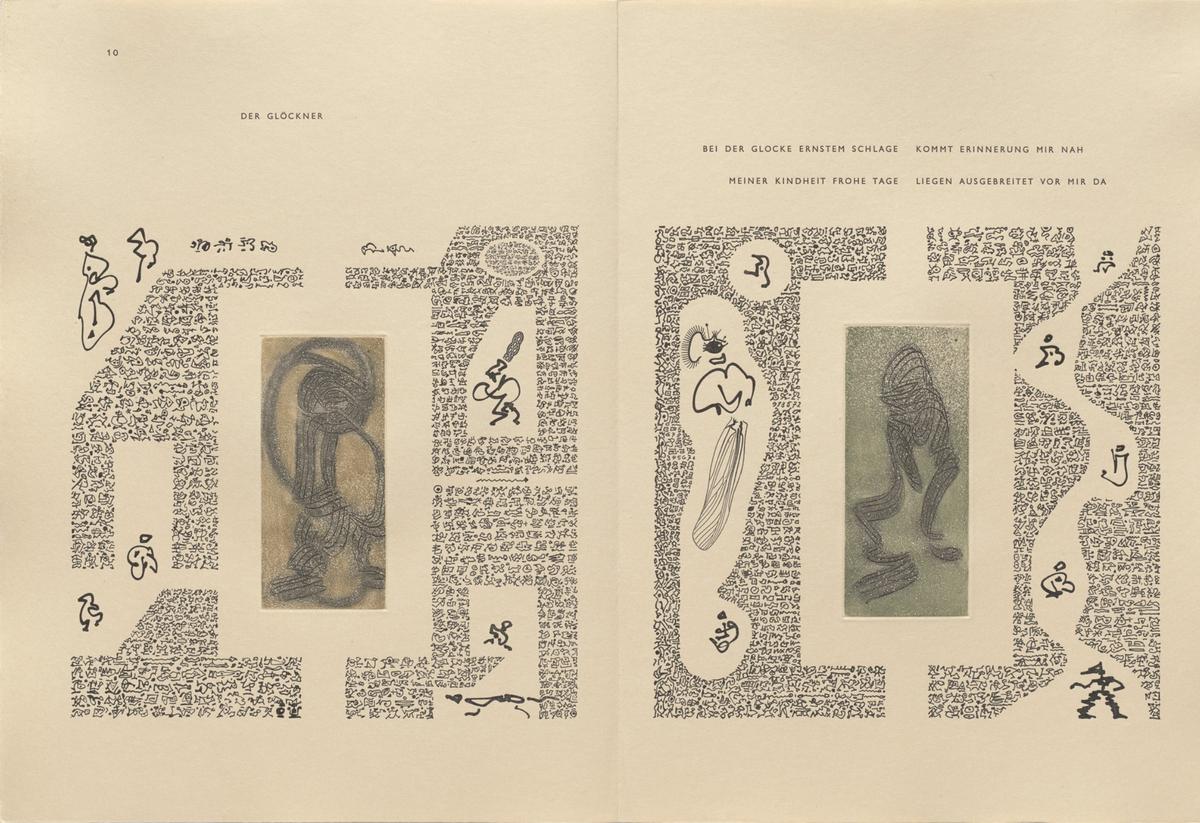syn·site
in Johanna Flato's terms: an ever-evolving conceptual constellation, an entangled situating crystallized from a myriad of fragmented realities. Simultaneity and singularities dance in a swirling waltz of intertwined moments and spaces, each adding to the cacophony and harmony of this complex site. A syn-site is a living, breathing tapestry of the world, constantly rewriting its own narrative, always open to edits, always challenging what we have come to accept as static or fixed. It is a manifestation of a world that is anything but singular or isolated — it is a world that is complex, interwoven, and infinitely entangled.
in Johanna Flato's terms: an ever-evolving conceptual constellation, an entangled situating crystallized from a myriad of fragmented realities. Simultaneity and singularities dance in a swirling waltz of intertwined moments and spaces, each adding to the cacophony and harmony of this complex site. A syn-site is a living, breathing tapestry of the world, constantly rewriting its own narrative, always open to edits, always challenging what we have come to accept as static or fixed. It is a manifestation of a world that is anything but singular or isolated — it is a world that is complex, interwoven, and infinitely entangled.
SYN (along with, at the same time | from Greek SYN, with | ~SYNTHETIC) + SITE (N: point of event, occupied space, internet address; V: to place in position | from Latin SITUS, location, idleness, forgetfulness | ~WEBSITE ¬cite ¬sight), cf. SITE/NON-SITE (from Robert Smithson, A PROVISIONAL THEORY OF NONSITES, 1968)
“Glitch” refuses being categorized as subtext, it rejects being labeled as subversive, it does not speak for the marginal or the subaltern, as “sub-” as a prefix needs to be marked as a mode of acquiescence to our own exclusion from the canon, the academy, the Platonic ideal. The first step to subverting a system is accepting that that system will remain in place; that said, the glitch says fuck your systems! Your delineations! Your determinations as imposed upon our physicality! The glitch respectfully declines second rank to common convention.
“Glitch” refuses being categorized as subtext, it rejects being labeled as subversive, it does not speak for the marginal or the subaltern, as “sub-” as a prefix needs to be marked as a mode of acquiescence to our own exclusion from the canon, the academy, the Platonic ideal. The first step to subverting a system is accepting that that system will remain in place; that said, the glitch says fuck your systems! Your delineations! Your determinations as imposed upon our physicality! The glitch respectfully declines second rank to common convention.
“Glitch” refuses being categorized as subtext, it rejects being labeled as subversive, it does not speak for the marginal or the subaltern, as “sub-” as a prefix needs to be marked as a mode of acquiescence to our own exclusion from the canon, the academy, the Platonic ideal. The first step to subverting a system is accepting that that system will remain in place; that said, the glitch says fuck your systems! Your delineations! Your determinations as imposed upon our physicality! The glitch respectfully declines second rank to common convention.
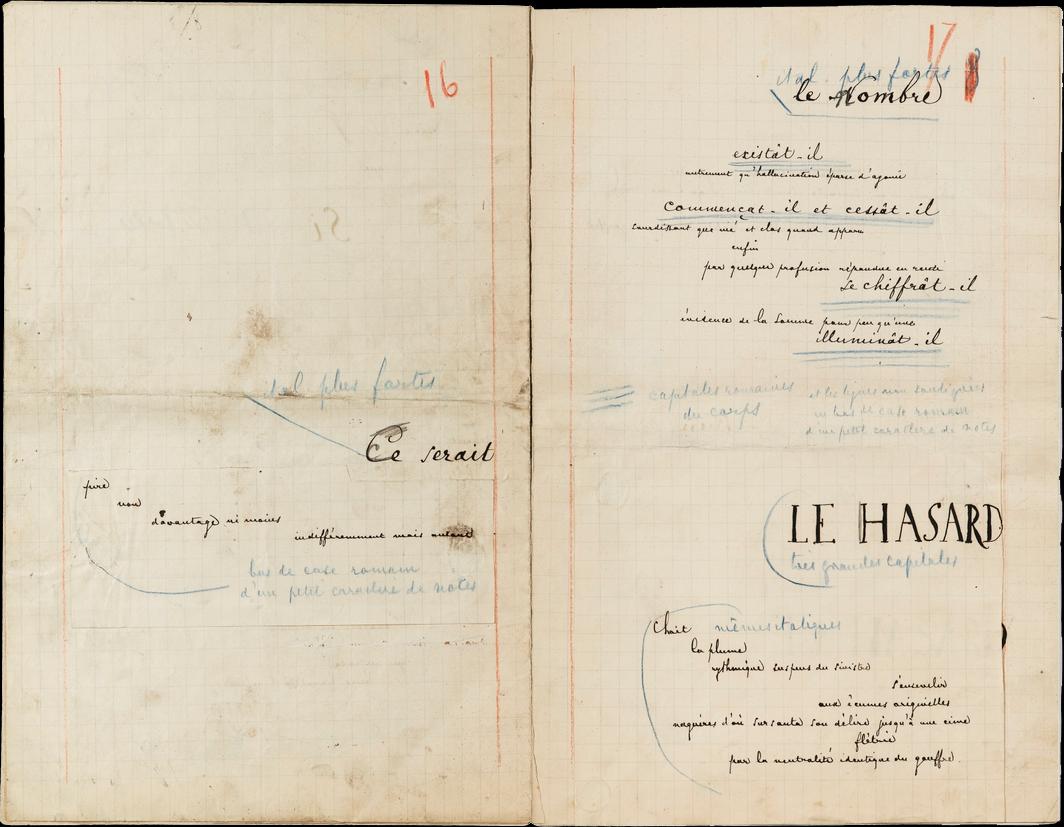





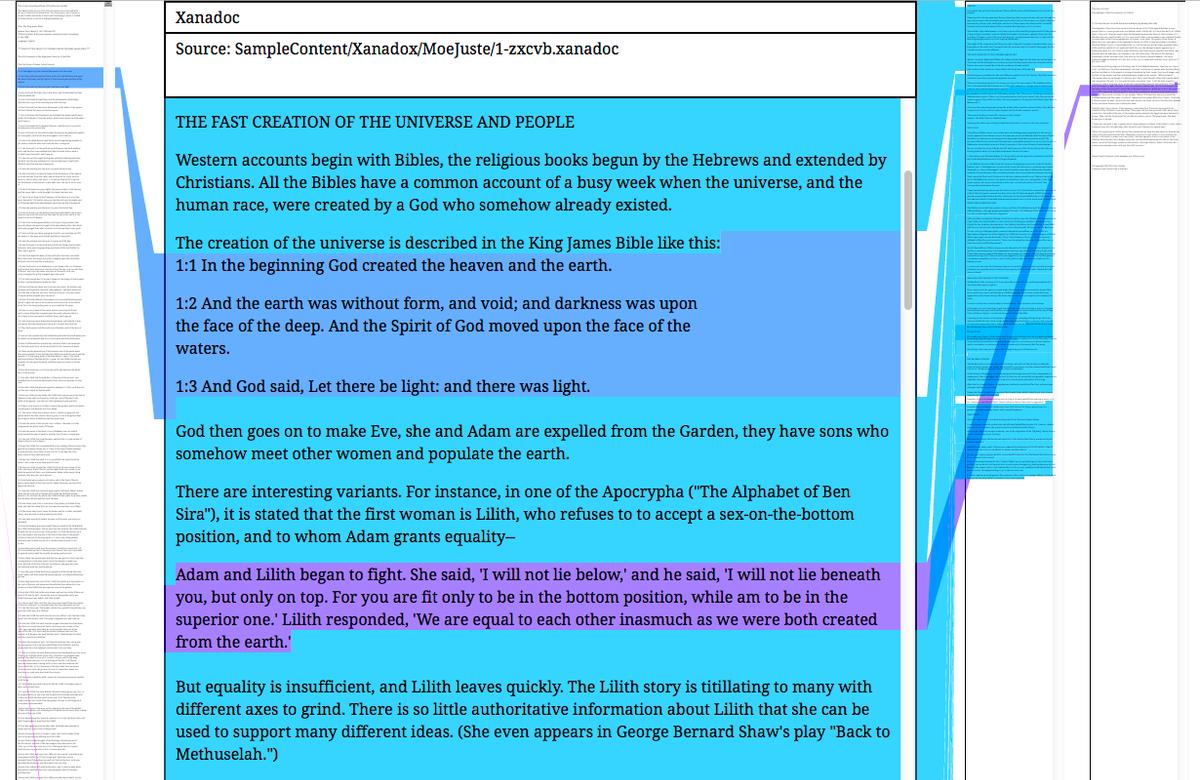


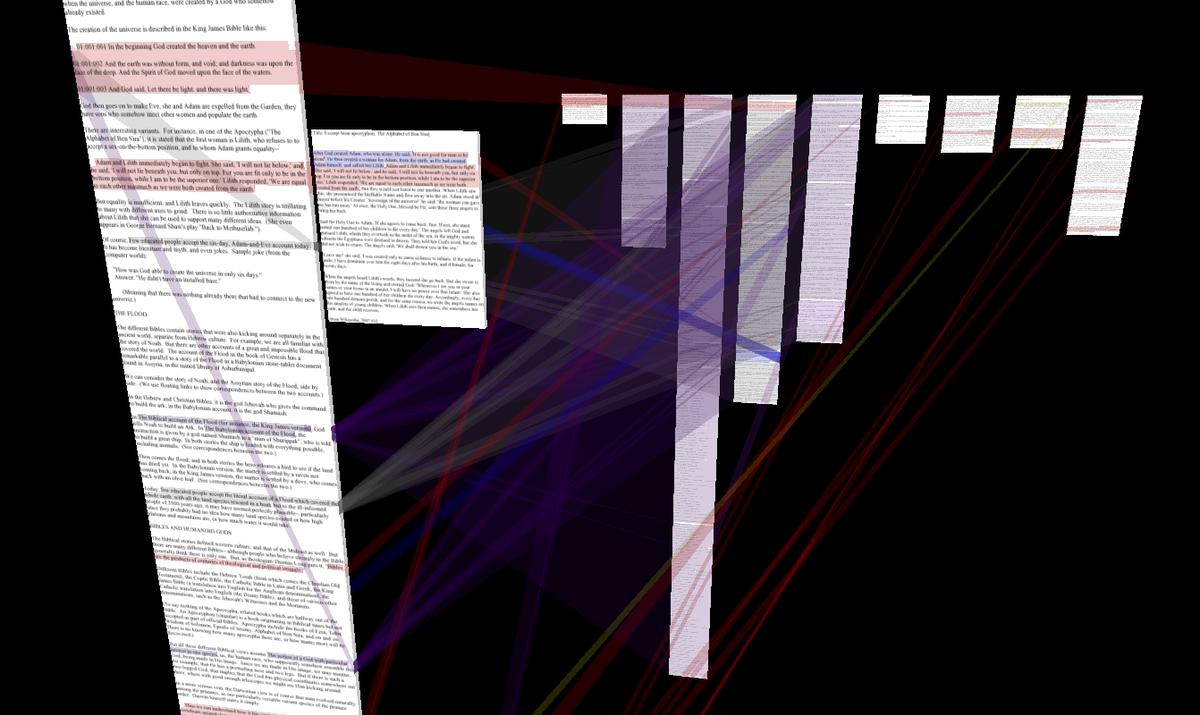


...a way to not just passively read but to fully enter a text, to collaborate with it, to mingle with an author on some kind of primary textual plane.
...a way to not just passively read but to fully enter a text, to collaborate with it, to mingle with an author on some kind of primary textual plane.
...a way to not just passively read but to fully enter a text, to collaborate with it, to mingle with an author on some kind of primary textual plane.
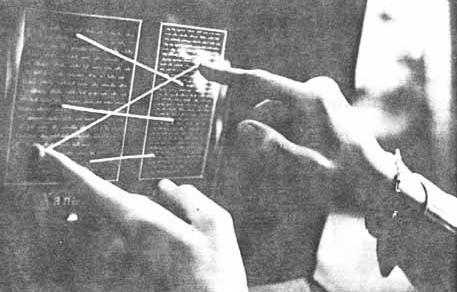


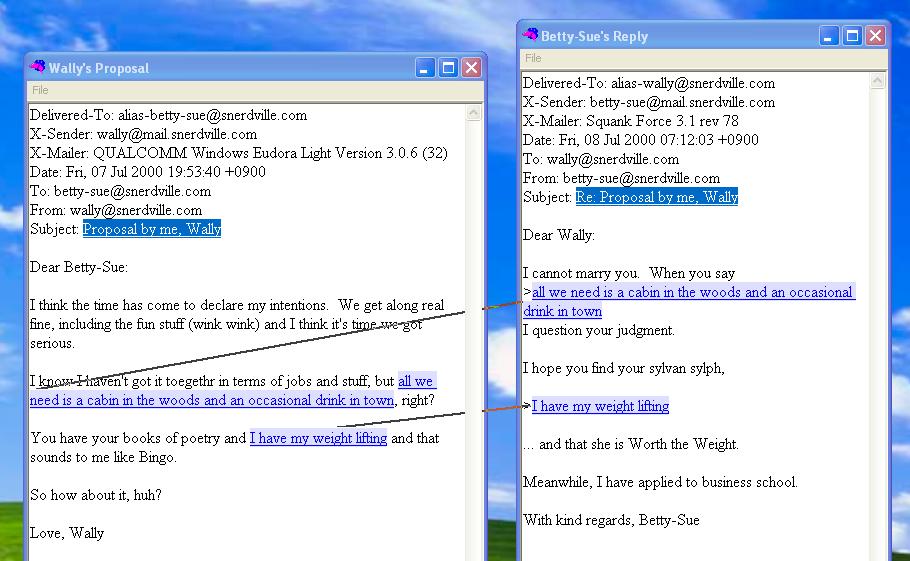


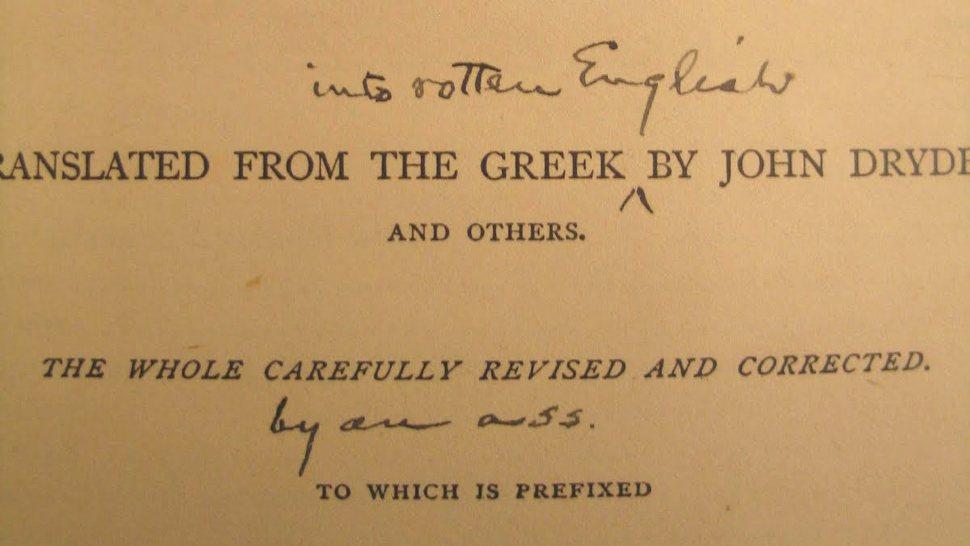


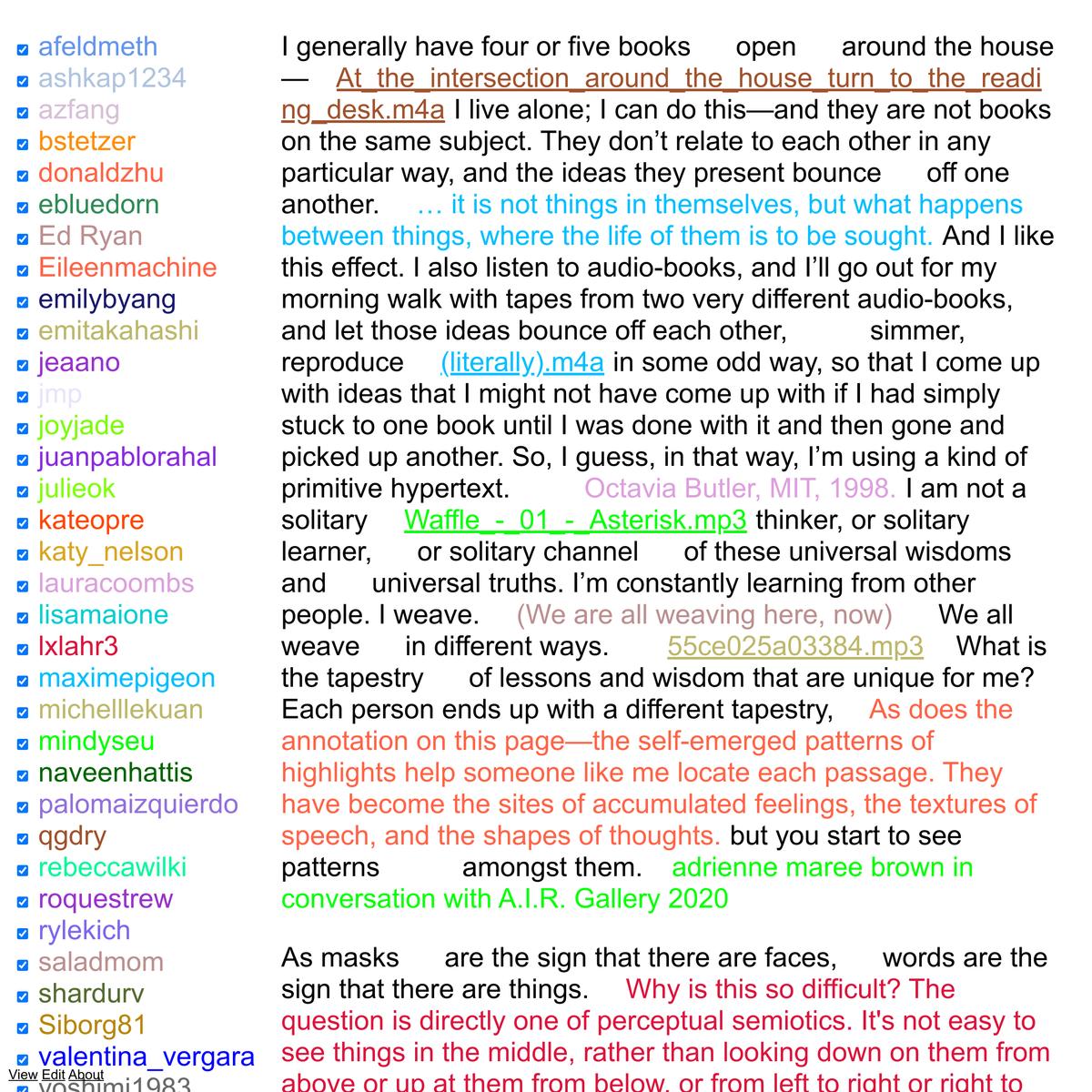


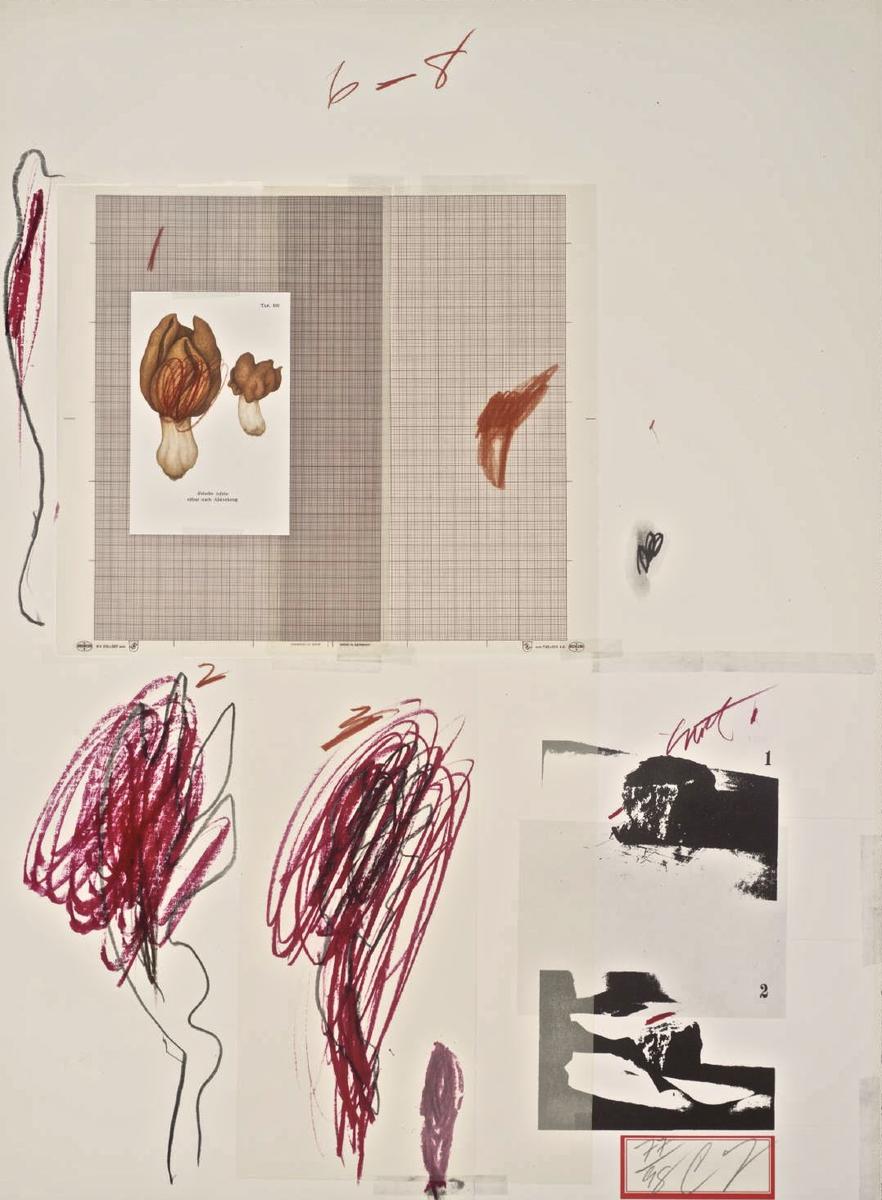





What is a parenthesis but an idea trying to escape? What is a footnote but an idea that jumped off the cliff?
Paper enforces single sequence and there's no room for digression. It imposes a particular kind of order in the very nature of the structure. When I saw the computer I said, "at last we can escape from the prison of paper!" [...] Contrarily, what did the other people do? They imitated paper.
[...] What do you want in electronic documents that is not possible on paper? Well, for one thing, parallelism. You want things [marginal notes, deep links, origins of content] on the side. [...] Consider the writing of history. What is history? It's many parallel streams of events which meet at certain points. So why not create them as parallel structures that makes it easier to write, easy to read. [...]
The techies have imitated the conventional media of the past [...] Why, when we could have movies that branch and branch and branch forever and keep track of them? This is a radical proposal for a completely new different system of media and representing each user as a simultaneous reader and writer, which is what we really are.
What is a parenthesis but an idea trying to escape? What is a footnote but an idea that jumped off the cliff?
Paper enforces single sequence and there's no room for digression. It imposes a particular kind of order in the very nature of the structure. When I saw the computer I said, "at last we can escape from the prison of paper!" [...] Contrarily, what did the other people do? They imitated paper.
[...] What do you want in electronic documents that is not possible on paper? Well, for one thing, parallelism. You want things [marginal notes, deep links, origins of content] on the side. [...] Consider the writing of history. What is history? It's many parallel streams of events which meet at certain points. So why not create them as parallel structures that makes it easier to write, easy to read. [...]
The techies have imitated the conventional media of the past [...] Why, when we could have movies that branch and branch and branch forever and keep track of them? This is a radical proposal for a completely new different system of media and representing each user as a simultaneous reader and writer, which is what we really are.
What is a parenthesis but an idea trying to escape? What is a footnote but an idea that jumped off the cliff?
Paper enforces single sequence and there's no room for digression. It imposes a particular kind of order in the very nature of the structure. When I saw the computer I said, "at last we can escape from the prison of paper!" [...] Contrarily, what did the other people do? They imitated paper.
[...] What do you want in electronic documents that is not possible on paper? Well, for one thing, parallelism. You want things [marginal notes, deep links, origins of content] on the side. [...] Consider the writing of history. What is history? It's many parallel streams of events which meet at certain points. So why not create them as parallel structures that makes it easier to write, easy to read. [...]
The techies have imitated the conventional media of the past [...] Why, when we could have movies that branch and branch and branch forever and keep track of them? This is a radical proposal for a completely new different system of media and representing each user as a simultaneous reader and writer, which is what we really are.
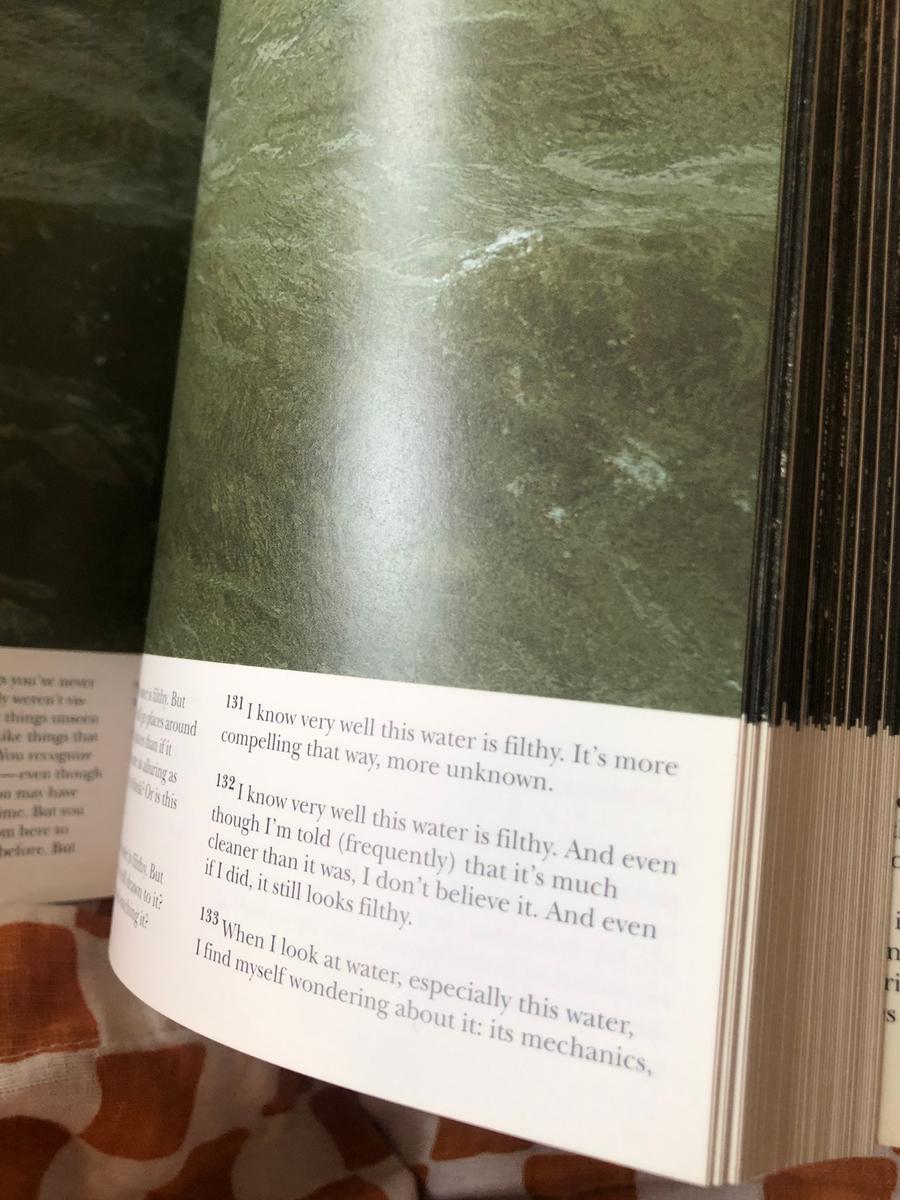


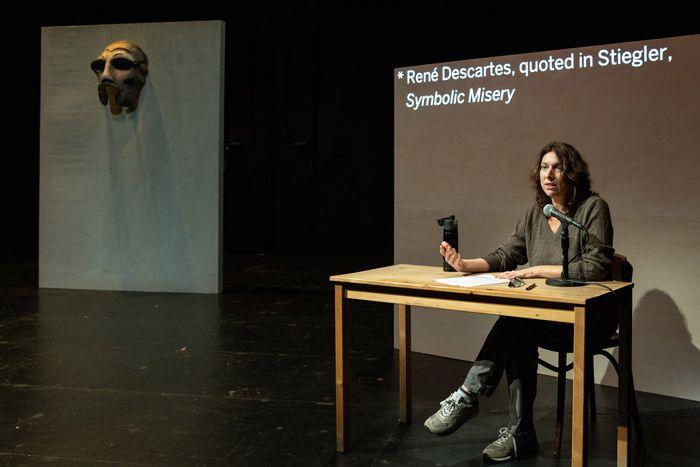





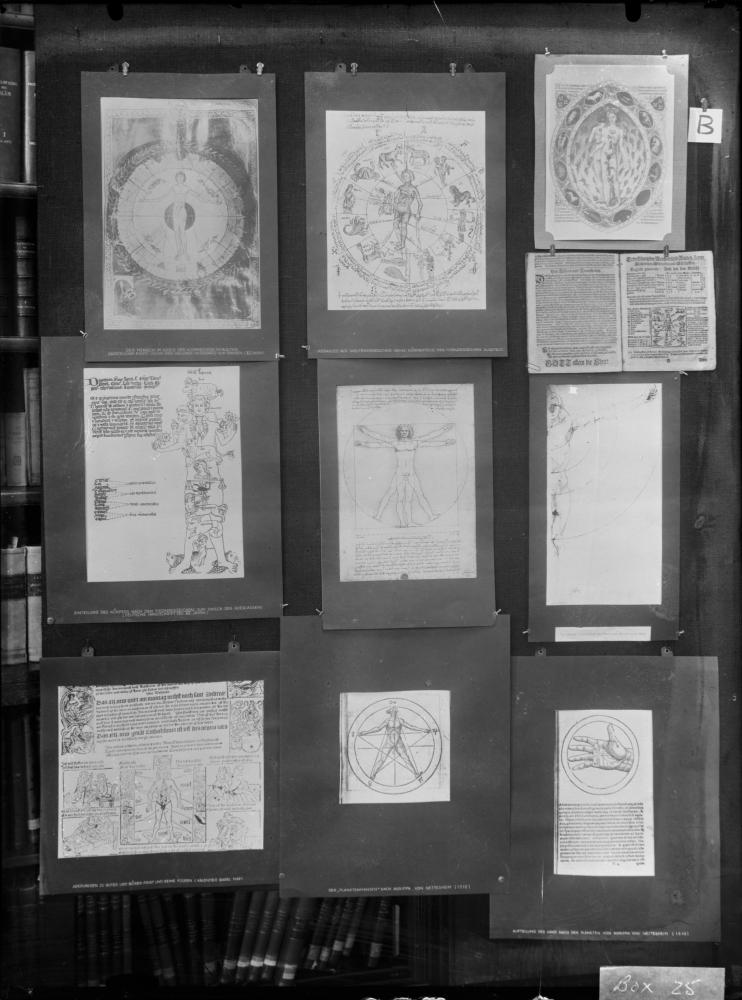


[...] I must have been five years old and I was trailing my hand in the water and I thought about how the water was moving around my fingers — opening on one side and closing on the other — and that changing system of relationships where everything was kind of similar, kind of the same, and yet different. That was so difficult to visualize and express. And just generalizing that the world is a system of ever-changing relationships and structures struck me as a vast truth. Which it is! [...]
Writing is the process of reducing a tapestry of interconnection to a narrow sequence. This is a wrongful compression of what should spread out.
In today's computers they betrayed that because there's no system for decent "cut-and-paste" and they changed the meaning of the words "cut-and-paste" and pretended it was the same thing. [...] I consider that to be a crime against humanity [...] because humanity has no decent writing tools. In any case, this is the problem of interconnection and representation and sequentialization all similar to the issue of water.
[...] I must have been five years old and I was trailing my hand in the water and I thought about how the water was moving around my fingers — opening on one side and closing on the other — and that changing system of relationships where everything was kind of similar, kind of the same, and yet different. That was so difficult to visualize and express. And just generalizing that the world is a system of ever-changing relationships and structures struck me as a vast truth. Which it is! [...]
Writing is the process of reducing a tapestry of interconnection to a narrow sequence. This is a wrongful compression of what should spread out.
In today's computers they betrayed that because there's no system for decent "cut-and-paste" and they changed the meaning of the words "cut-and-paste" and pretended it was the same thing. [...] I consider that to be a crime against humanity [...] because humanity has no decent writing tools. In any case, this is the problem of interconnection and representation and sequentialization all similar to the issue of water.
[...] I must have been five years old and I was trailing my hand in the water and I thought about how the water was moving around my fingers — opening on one side and closing on the other — and that changing system of relationships where everything was kind of similar, kind of the same, and yet different. That was so difficult to visualize and express. And just generalizing that the world is a system of ever-changing relationships and structures struck me as a vast truth. Which it is! [...]
Writing is the process of reducing a tapestry of interconnection to a narrow sequence. This is a wrongful compression of what should spread out.
In today's computers they betrayed that because there's no system for decent "cut-and-paste" and they changed the meaning of the words "cut-and-paste" and pretended it was the same thing. [...] I consider that to be a crime against humanity [...] because humanity has no decent writing tools. In any case, this is the problem of interconnection and representation and sequentialization all similar to the issue of water.
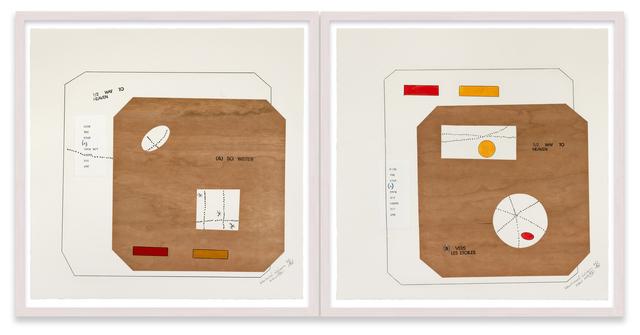


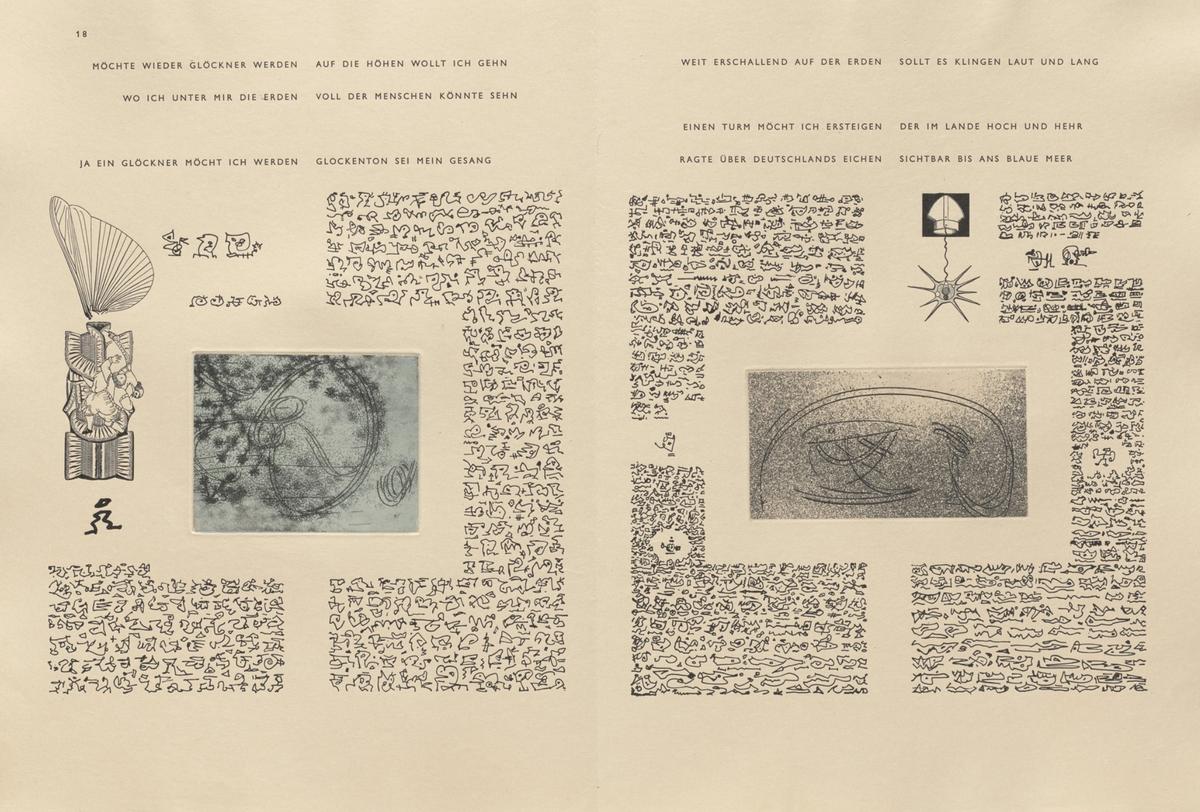


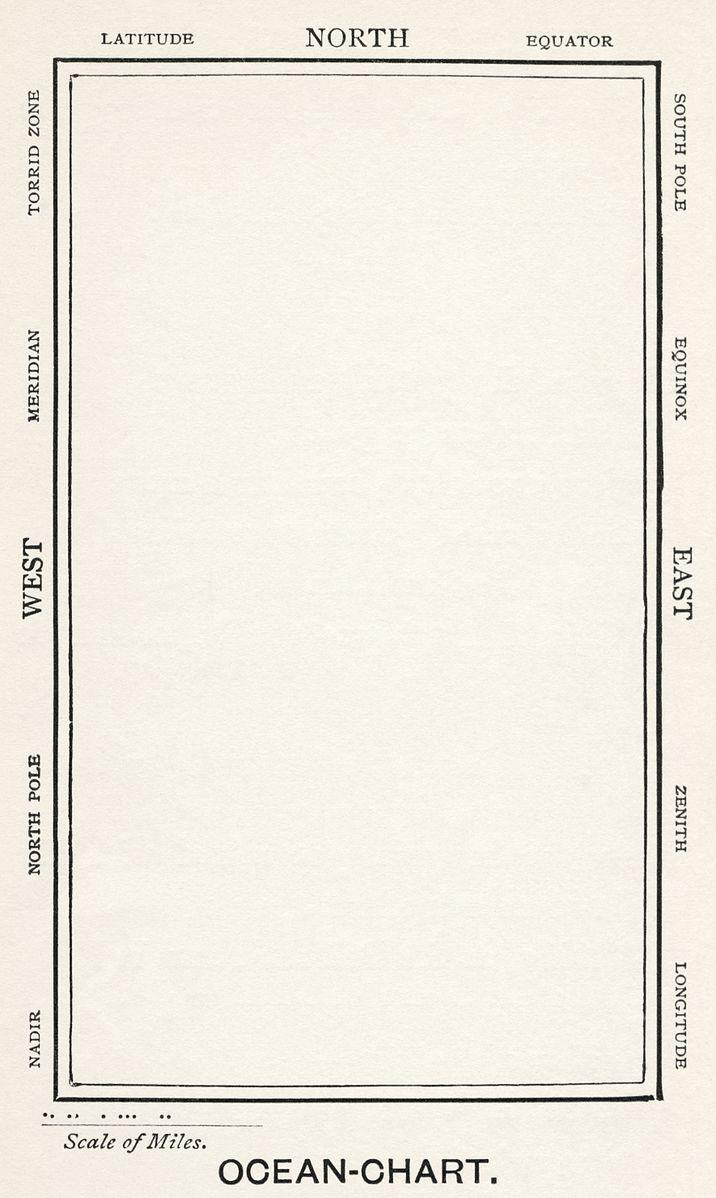


An asterisk gives us more. It adds layers of information to a primary text. It encodes expletives, repairs mistakes, and inserts personal voice. It is an additive gesture.
An asterisk gives us more. It adds layers of information to a primary text. It encodes expletives, repairs mistakes, and inserts personal voice. It is an additive gesture.
An asterisk gives us more. It adds layers of information to a primary text. It encodes expletives, repairs mistakes, and inserts personal voice. It is an additive gesture.
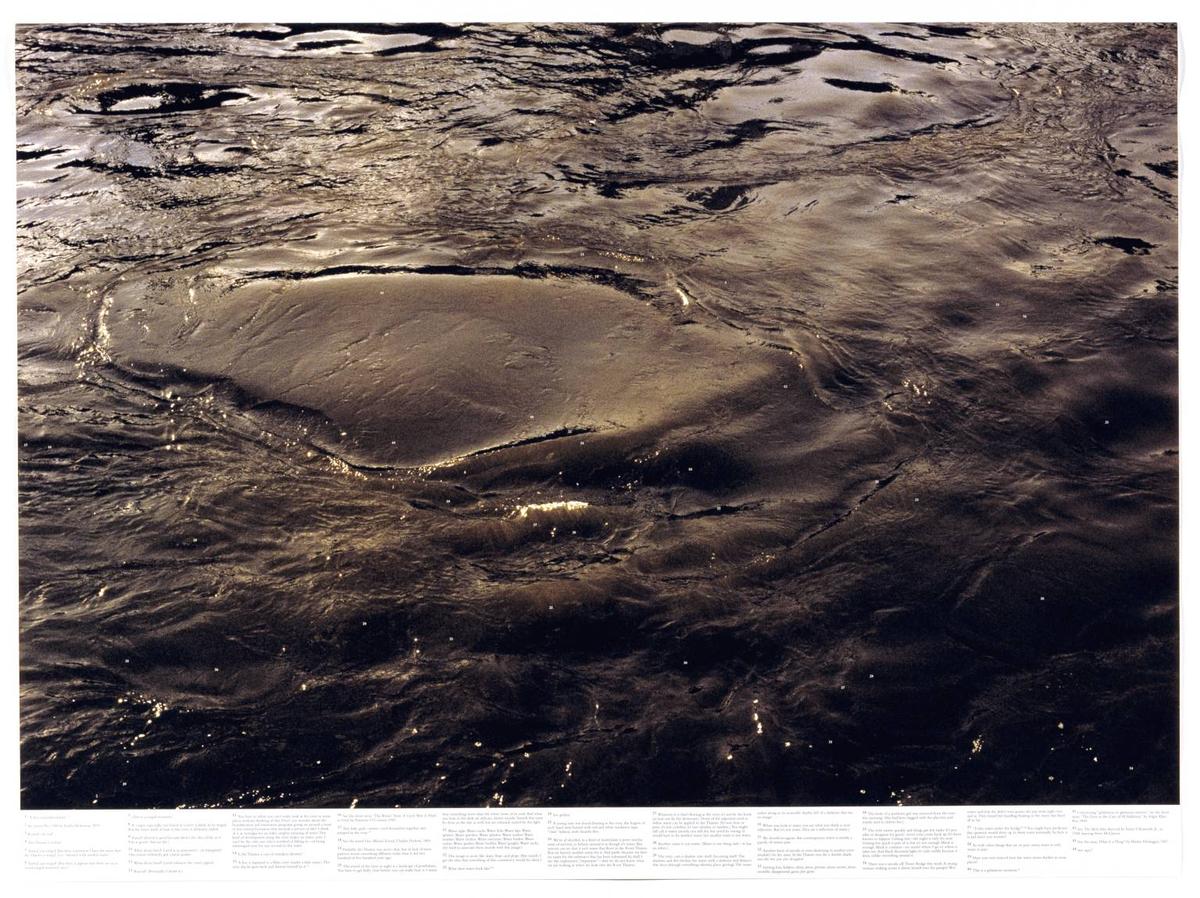


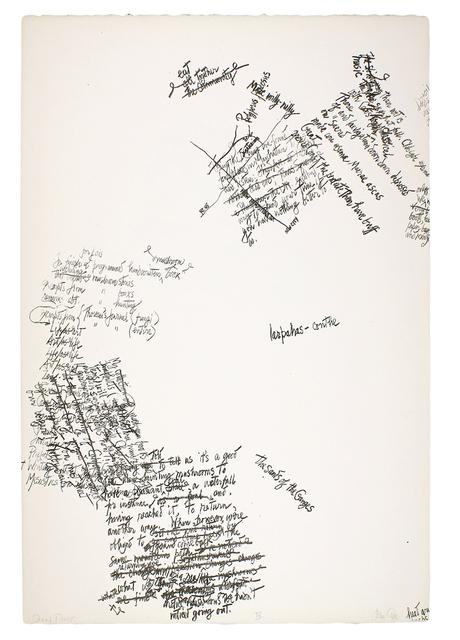


The visible connection becomes a structural part of the writing, as fundamental as a paragraph or heading.
The visible connection becomes a structural part of the writing, as fundamental as a paragraph or heading.
The visible connection becomes a structural part of the writing, as fundamental as a paragraph or heading.
